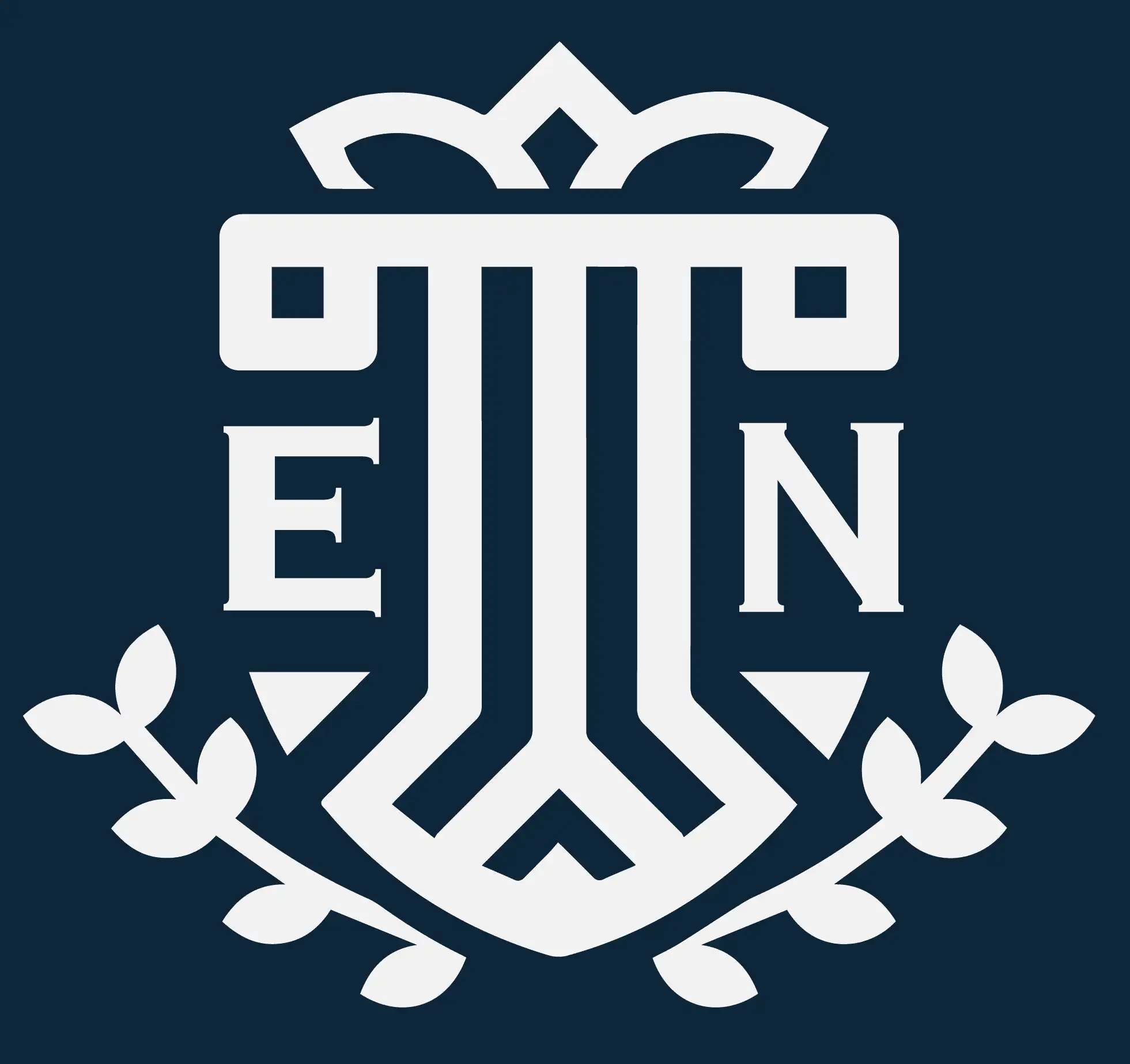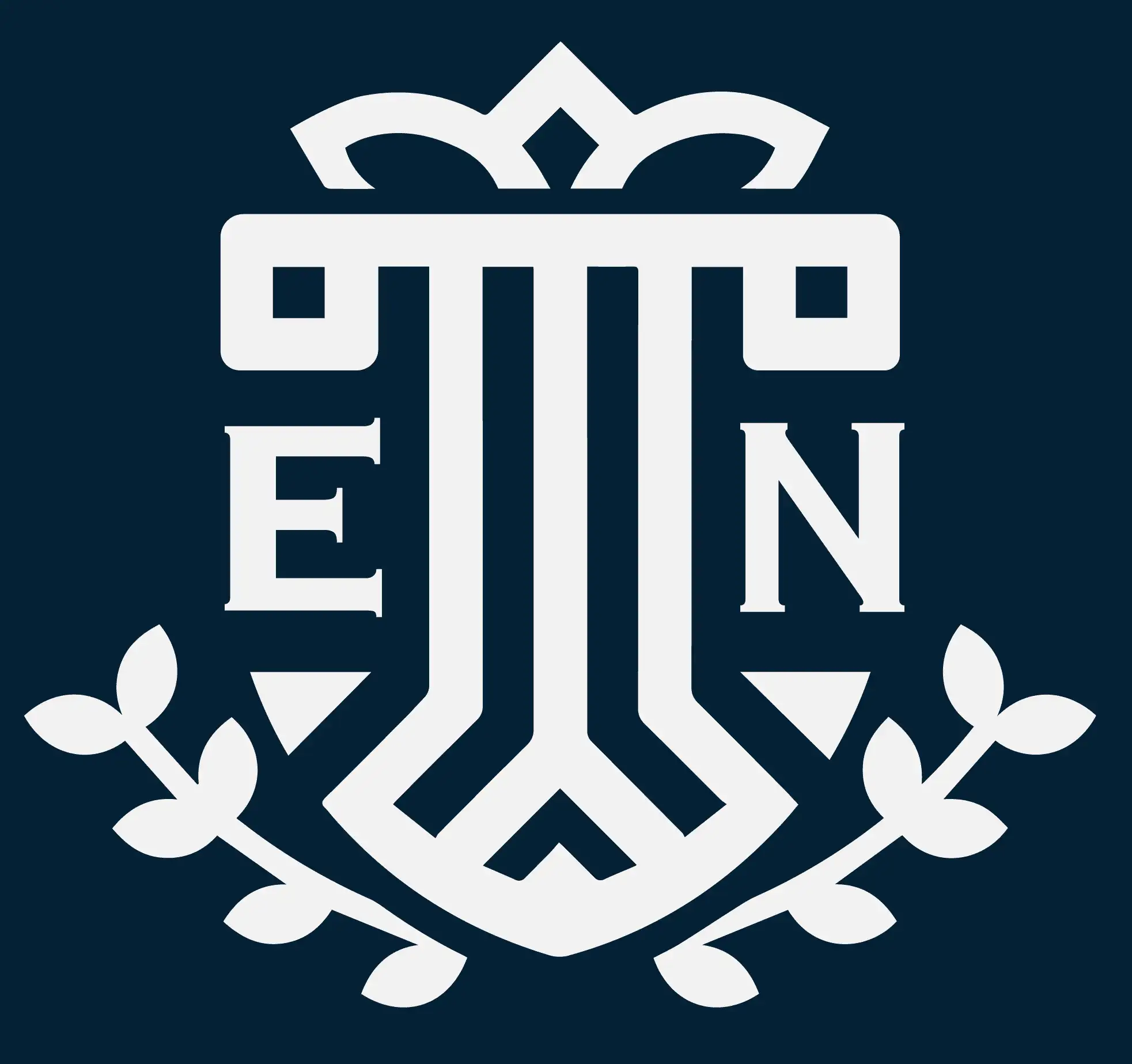Mon to Sun - 24/7 365
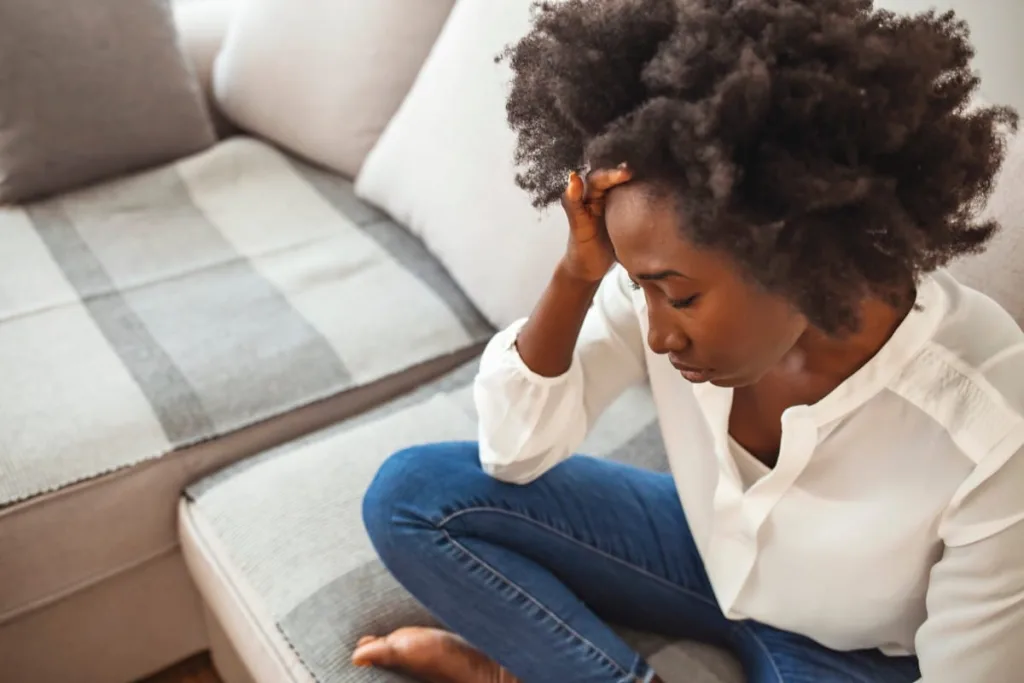
Brain injuries, no matter their cause or severity, can be life-altering events that bring significant emotional, physical, and cognitive challenges. In Stuart, Florida, the journey to recovery is one that doesn’t have to be walked alone. Ehrlich & Naparstek Personal Injury Lawyers are not only committed to advocating for the rights of those affected by brain injuries but also deeply invested in supporting the emotional well-being of survivors and their families. This comprehensive guide is designed to illuminate the path to emotional recovery and resilience, detailing coping strategies and highlighting the supportive resources available within the Stuart community.
Understanding the Emotional Impact of Brain Injuries
The aftermath of a brain injury often extends beyond physical impairments, infiltrating the emotional and psychological realms of those affected. Survivors may experience a wide range of emotions, from anger and frustration to sadness and despair. These feelings can fluctuate unpredictably, adding to the stress of recovery. Recognizing these emotional responses as normal reactions to an extraordinary life change is a crucial step towards healing. In Stuart, we advocate for a culture of openness and understanding, encouraging individuals and their families to acknowledge and express their emotions in a healthy, constructive manner.
Coping Strategies for Emotional Well-being
Navigating the emotional landscape after a brain injury requires patience, self-compassion, and a proactive approach to mental health. Here are expanded strategies to help foster emotional well-being:
Engage in Professional Counseling
Professional counseling or therapy offers a safe space to explore and understand the emotional responses to brain injury. Therapists specialized in brain injury recovery can provide personalized strategies to address mood swings, depression, anxiety, and other emotional challenges. In Stuart, numerous mental health professionals are equipped with the expertise to support brain injury survivors through individualized counseling sessions, helping them rebuild their emotional resilience.
Join Support Groups
Support groups play a vital role in the recovery process, offering a sense of belonging and mutual understanding. These groups provide a forum for sharing personal experiences, challenges, and triumphs, thereby reducing feelings of isolation. Stuart hosts several brain injury support groups, where survivors and their families can connect with others on similar journeys, exchange coping strategies, and build supportive relationships.
Focus on Rehabilitation
Comprehensive rehabilitation programs are essential for holistic recovery, addressing not only the physical but also the emotional and cognitive aspects of brain injury. Stuart’s rehabilitation centers offer multidisciplinary programs that include physical therapy, occupational therapy, speech-language therapy, and cognitive rehabilitation, all designed to support the overall well-being of survivors. Participating actively in such programs can enhance self-esteem and promote emotional healing alongside physical recovery.
Practice Mindfulness and Relaxation Techniques
Incorporating mindfulness and relaxation techniques into daily routines can significantly reduce stress and anxiety levels. Practices such as meditation, yoga, and deep-breathing exercises help focus the mind, bring about a sense of calm, and facilitate emotional regulation. These techniques can be particularly beneficial for brain injury survivors in Stuart, helping them to navigate emotional challenges with greater ease and resilience.
Support Resources in Stuart
Stuart’s community is rich in resources designed to support brain injury survivors and their families:
- Local Rehabilitation Centers: Stuart boasts state-of-the-art rehabilitation facilities offering comprehensive programs tailored to the unique needs of brain injury survivors.
- Support Groups: Various support groups in Stuart provide a platform for emotional sharing and support, fostering a strong sense of community among survivors and their families.
- Mental Health Professionals: A wide network of psychologists, counselors, and therapists specializing in brain injury recovery is available in Stuart, ready to provide professional emotional support.
At Ehrlich & Naparstek Personal Injury Lawyers, we are more than legal advocates; we are a part of your support system, dedicated to helping those impacted by brain injuries find the resources and strength they need to overcome the emotional challenges of recovery. Our commitment extends beyond the courtroom to ensure that every individual and family affected by a brain injury in Stuart feels supported, understood, and empowered throughout their recovery journey.
The road to recovery from a brain injury is undeniably challenging, but with the right support and coping strategies, it is possible to navigate the emotional upheaval and move towards a place of healing and hope. Stuart’s community, with its comprehensive support services and compassionate approach, stands ready to assist every step of the way.
Author:
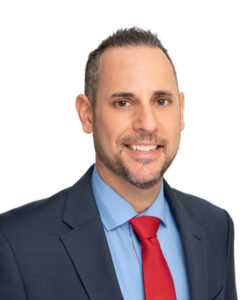
Matthew R. Naparstek
Personal Injury Trial Attorney
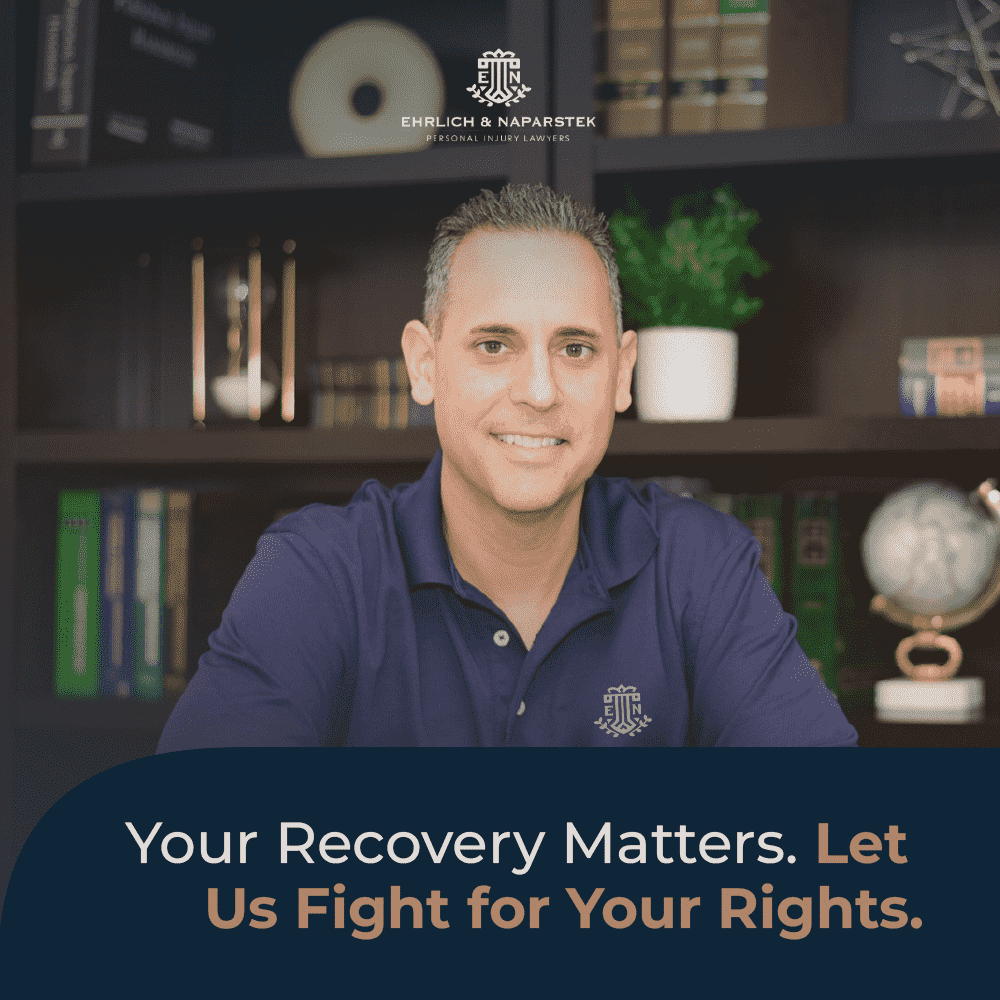
clients have
confidence in us
The Ehrlich and Naparstek law firm truly stands out as exceptional. Matt and Brittany, the dynamic duo at this firm, are nothing short of outstanding. Their level of communication throughout the entire legal process was truly remarkable. I wouldn't consider entrusting my legal matters to any other team!
I owe a debt of gratitude to my friend for referring me to Matt Naparstek as my attorney after my auto accident. Naparstek and his team were not just professional and courteous but also genuinely concerned about my medical well-being. They swiftly navigated the legal process, securing both medical treatment without upfront costs and a speedy settlement, unlike other firms. I can't thank them enough and highly recommend their services!
The Ehrlich & Naparstek Attorney Firm truly stands out as exceptional, thanks to their outstanding team of professionals. From the moment I engaged with them, I was met with nothing but excellence, professionalism, and genuine care. Their unwavering dedication to their clients' well-being is truly commendable. This team not only works diligently but also excels in their roles, leaving no room for doubt about their competence. I couldn't have chosen a better group to represent me in my worker's compensation claim. The Ehrlich & Naparstek team, you all are absolutely incredible and rock stars in your field! Thank you for your remarkable service.
Florida Personal Injury Case We Handle
FL iNJURY aTTORNEYS
Ehrlich & Naparstek, premier FL Injury Attorneys, serve the Treasure and Space Coasts from Stuart to Boca Raton. Specializing in Personal Injury and Workers’ Compensation, we champion for full, fair compensation across South Florida. With a presence from Boynton Beach to Wellington, we combine the might to challenge big insurers with the warmth of a family firm. Choose Ehrlich & Naparstek for dedicated representation.”
important PERSONAL INJURY FAQ
vision makes us who we are
What is a traumatic brain injury (TBI), and what are its common causes?
A traumatic brain injury (TBI) is a type of injury caused by a sudden impact or blow to the head, resulting in damage to the brain. Common causes include falls, car accidents, sports injuries, and assaults.
What are the symptoms of a brain injury, and how do they vary in severity?
Symptoms of a brain injury can vary depending on the severity of the injury but may include headaches, dizziness, confusion, memory problems, and changes in mood or behavior.
How are brain injuries diagnosed, and what medical tests are typically involved?
Brain injuries are diagnosed through a combination of physical exams, neurological assessments, imaging tests (such as CT scans or MRIs), and cognitive evaluations.
What are the short-term and long-term effects of traumatic brain injuries?
Short-term effects may include cognitive impairment, physical disabilities, and emotional changes. Long-term effects can include chronic pain, cognitive decline, and increased risk of neurological disorders.
What treatments are available for brain injuries, and what is the rehabilitation process like?
Treatment for brain injuries may include medication, surgery, therapy (physical, occupational, and speech), and cognitive rehabilitation to help individuals regain lost skills and function.
What legal rights do individuals have if they suffer a brain injury due to someone else's negligence?
Individuals who suffer brain injuries due to someone else's negligence may have legal rights to pursue compensation for medical expenses, lost wages, pain and suffering, and other damages through a personal injury lawsuit.
How does the compensation process work for brain injury claims, and what factors determine the amount of compensation?
-
- The compensation process involves gathering evidence, filing a claim, negotiating with insurance companies, and potentially going to trial. Factors determining compensation may include the severity of the injury, medical expenses, lost income, and the impact on quality of life.
Are there specific laws or regulations in Stuart, Florida, regarding brain injury accidents and claims?
Stuart, Florida, follows general personal injury laws and statutes of limitations for filing brain injury claims. Consulting with a local attorney familiar with Florida laws is advisable for specific legal guidance.
What are some preventive measures individuals can take to reduce the risk of brain injuries in various settings, such as sports, workplaces, and homes?
Preventive measures include wearing protective gear (helmets, seatbelts), maintaining a safe environment (removing hazards), following safety protocols (e.g., workplace safety training), and practicing caution during physical activities.
Make an inquiry?
vision makes us who we are
